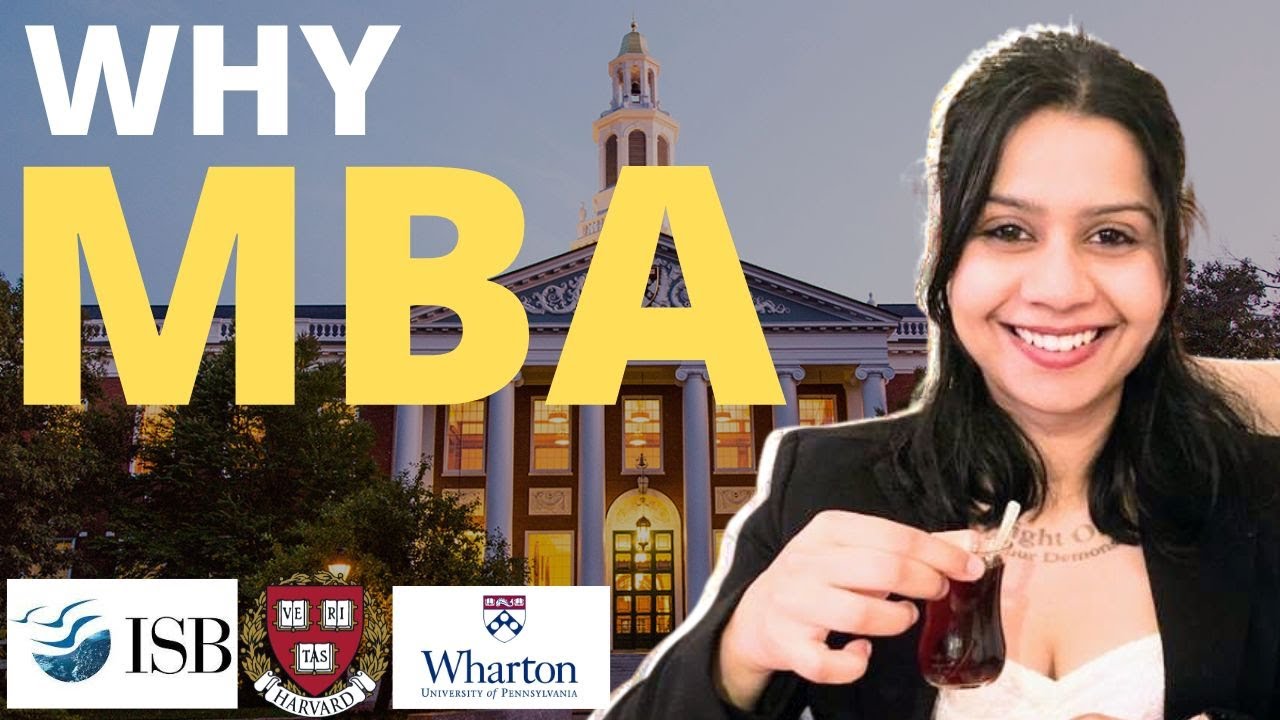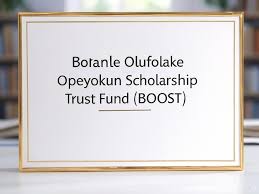Applying for an MBA program is a big step in your career, and getting to the interview stage is an exciting achievement. However, it can also be a bit nerve-wracking, especially if you’re not sure what to expect. MBA interviews are an important part of the admissions process, as they allow the interviewers to learn more about you beyond your application. This is your chance to show them who you are, why you’re passionate about business, and how their program fits into your goals.
In this guide, we’ll walk you through some of the most common MBA interview questions and explain how you can prepare to answer them confidently. We’ll also provide tips on how to approach each question so that you can highlight your strengths and make a lasting impression. By the end of this guide, you’ll feel more prepared and ready to tackle your MBA interview with confidence.
Why Do You Want to Pursue an MBA?
One of the first questions you’re likely to encounter in an MBA interview is, “Why do you want to pursue an MBA?” This question helps the interviewers understand your motivations and whether you’ve thought carefully about your decision.
When answering this question, it’s important to connect your desire for an MBA with your long-term career goals. For example, if you want to move into a leadership role in your current industry, explain how an MBA will give you the skills and knowledge needed to achieve that goal. You might say, “I’m passionate about advancing my career in finance, and I believe that an MBA will equip me with the strategic thinking and leadership skills needed to take on more significant responsibilities.”
Be specific about what you hope to gain from the MBA program, such as learning about business strategy, building a strong professional network, or gaining hands-on experience through internships. This shows that you’ve done your research and are serious about how the program aligns with your career goals.
Why Are You Interested in This MBA Program?
Another common question you may face is, “Why are you interested in this MBA program?” The admissions committee wants to know why you’ve chosen their program over others.
To answer this question effectively, you need to demonstrate that you’ve thoroughly researched the program and understand what makes it unique. Mention specific aspects of the program that appeal to you, such as particular courses, professors, or opportunities for hands-on learning. For example, you might say, “I’m particularly drawn to your program’s focus on entrepreneurship and the opportunity to work on real-world business projects. I’m excited about the chance to learn from professors like Dr. Smith, whose work in social entrepreneurship aligns with my passion for using business to make a positive impact.”
You should also explain how these features align with your career goals. If you’re interested in a specific industry, mention how the program’s connections with industry leaders or alumni network will help you build the relationships needed to advance in that field.
Tell Me About Yourself
“Tell me about yourself” is a question that often comes up in interviews, and MBA interviews are no exception. This open-ended question gives you the chance to introduce yourself and highlight the experiences that have shaped your journey.
When answering this question, focus on your professional background, education, and key achievements. Start with a brief overview of your current role and responsibilities, then move on to your previous experiences and how they’ve prepared you for an MBA. For example, “I’m currently working as a project manager at XYZ Company, where I’ve led multiple cross-functional teams to successfully launch new products. Before that, I worked in marketing, where I developed a strong foundation in brand strategy.”
Be sure to connect your past experiences to your future goals. Explain how your background has inspired you to pursue an MBA and how it will help you achieve your long-term objectives. This helps the interviewers understand the logical progression of your career and why now is the right time for you to pursue an MBA.
What Are Your Strengths and Weaknesses?
Discussing your strengths and weaknesses can be challenging, but it’s a common question in MBA interviews. The interviewers want to see that you have self-awareness and can reflect on your areas of growth.
When talking about your strengths, choose qualities that are relevant to the MBA program and your future career. For example, if you’re a great communicator, explain how this strength has helped you in your current role and how it will be beneficial in an MBA setting. You might say, “One of my strengths is my ability to communicate complex ideas clearly and effectively. This has been essential in my role as a consultant, where I often have to explain technical concepts to clients. I believe this skill will be valuable in an MBA program, where collaboration and teamwork are key.”
When discussing weaknesses, choose something that you’ve recognized and are actively working to improve. This shows that you’re proactive and committed to personal development. For example, “One area I’m working on is delegating tasks more effectively. I used to take on too much myself, but I’ve learned that trusting my team and delegating responsibilities leads to better outcomes. I’m continuing to work on this by using project management tools and seeking feedback from my team.”
Describe a Time You Faced a Challenge or Conflict at Work
MBA programs are looking for candidates who can handle challenges and conflicts effectively. This question is designed to assess how you deal with difficult situations and what you’ve learned from those experiences.
To answer this question, use the STAR method (Situation, Task, Action, Result). Start by describing the situation you were in and the challenge or conflict you faced. Then, explain the task you needed to accomplish, the actions you took to resolve the issue, and the positive outcome.
For example: “In my previous role, I was leading a project that was behind schedule due to a supplier delay. The client was becoming increasingly frustrated, and there was tension within the team. I organized a meeting with the supplier to understand the root cause of the delay and worked with them to expedite the process. I also communicated transparently with the client, updating them regularly on our progress. In the end, we were able to deliver the project on time, and the client was pleased with the outcome.”
This approach not only shows that you can handle difficult situations but also highlights your problem-solving and leadership skills.
Where Do You See Yourself in Five Years?
This question is about understanding your long-term career goals and how an MBA fits into those plans. The interviewers want to know if you have a clear vision for your future and whether their program can help you achieve it.
When answering this question, be realistic and specific about your goals. For example, you might say, “In five years, I see myself in a leadership role in the tech industry, managing a team that drives innovation and growth. I’m passionate about using technology to solve complex problems, and I believe that the strategic skills I’ll gain from an MBA will help me lead successful projects in this field.”
Make sure to connect your goals with the MBA program you’re applying to. Explain how the program’s resources, such as its curriculum, faculty, and network, will help you reach your objectives. This shows that you’ve thought carefully about how the MBA fits into your career plan.
What Are Your Career Goals?
This question is similar to “Where do you see yourself in five years?” but focuses more broadly on your overall career ambitions. The interviewers want to know what drives you and how the MBA will help you achieve your professional aspirations.
When discussing your career goals, it’s important to be clear and specific. For example, “My short-term goal is to gain a deep understanding of global business strategies through an MBA program. In the long term, I aim to become a C-level executive at a multinational corporation, where I can influence business decisions on a global scale.”
Explain how the MBA will help you build the skills and knowledge needed to achieve these goals. If you have a particular industry or role in mind, mention it and discuss how the MBA program’s offerings, such as specialized courses or industry connections, will support your career path.
How Will You Contribute to Our MBA Program?
MBA programs are not only interested in what they can offer you but also in what you can bring to the program. This question is your opportunity to showcase how your unique experiences, skills, and perspectives will enrich the learning environment.
When answering this question, think about what sets you apart from other candidates. For example, if you have a background in a non-traditional industry, explain how your experiences can provide fresh insights in class discussions. You might say, “Coming from a background in the nonprofit sector, I bring a unique perspective on how business principles can be applied to drive social impact. I’m excited to share my experiences in strategic planning and fundraising with my peers, and I’m eager to learn from their diverse backgrounds as well.”
You should also mention how you plan to get involved in the program’s community, whether through clubs, organizations, or events. This shows that you’re not just focused on your success but are also committed to contributing to the program’s overall success.
Do You Have Any Questions for Us?
At the end of the interview, you’ll usually be allowed to ask questions. This is a chance to show that you’re genuinely interested in the program and have thought deeply about how it fits your goals.
Prepare a few thoughtful questions in advance. These could be about specific aspects of the program, such as its curriculum, experiential learning opportunities, or alumni network. For example, “I’m very interested in the global immersion program. Can you tell me more about the types of projects students typically work on and how they impact their understanding of international business?”
Avoid asking questions that could easily be answered by looking at the program’s website. Instead, focus on questions that show you’ve done your research and are eager to learn more about how the program can help you achieve your goals.
Final Thoughts
Preparing for an MBA interview can be a challenging process, but it’s also an opportunity to showcase your strengths and demonstrate your fit for the program. By familiarizing yourself with common MBA interview questions and practising your responses, you’ll be able to approach the interview with confidence and make a strong impression.
Remember to be yourself, stay calm, and show your passion for the MBA program. The more prepared you are, the more likely you are to succeed in the interview and take the next step toward achieving your career goals. Good luck with your MBA interview preparation—you’ve got this!




